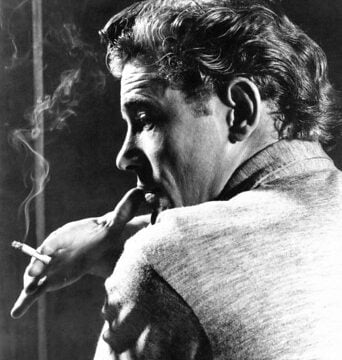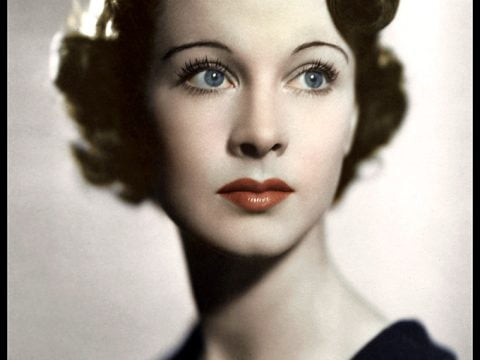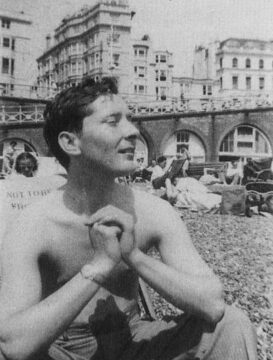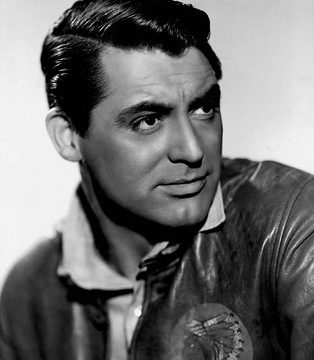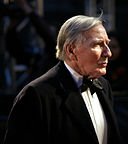
Early life and Career
Leslie (Samuel) Phillips was born in Tottenham, London on 20 April 1924. He was the third child of Cecelia and Frederick Phillips, who worked at a gas cooker manufacturing company. He had an older brother, Fred, and an older sister, Dorothy. In 1931, the family moved to Chingford, where Phillips attended Larkswood Primary School. His father died in 1935, aged 44, of heart problems and edema (fluid retention), which were linked to his working environment.
After his father died, Phillips was enrolled in the Italia Conti Academy, an acting school. There, drama, dance, and elocution lessons were all in the curriculum. Phillips, in particular, worked on the latter, transforming his cockney twang to a plummy Oxford English accent. In 1937, Phillips made his stage debut in Peter Pan at the London Palladium, starring Anna Neagle.
He went on to make his film debut the following year in the musical comedy Lassie from Lancashire (1938). It was also the year that he left school, aged 14. He made further bit-part appearances in Climbing High (1938) and The Mikado (1939), two of the earliest films made at Pinewood Studios. He made his seventh uncredited big-screen appearance in the historical fantasy film The Thief of Baghdad (1940).
World War II
In the early part of the war, Phillips managed to find stage work in the West End. However, in 1942, aged 18, he was called up to serve in the British Army. He joined Royal Artillery and quickly rose to the rank of lance-bombardier. According to Phillips himself, it was largely due to his ‘posh’ accent that he was selected for officer training. He was commissioned as a second lieutenant in 1943. He was transferred from Royal Artillery to the Durham Light Infantry the following year.
Shortly before D-Day in June 1944, Phillips was diagnosed with a neurological condition that caused paralysis and was deemed unfit for active service. He was demobbed from the Army in December 1944. He quickly rekindled his acting career by taking to the stage in Music Hall, working mostly in the North of England.
Film Career
Phillips resumed his film career by making further two uncredited appearances in Anna Karenina (1948) and The Red Shoes (1948). His first lead screen role came in the television sitcom My Wife Jacqueline (1952). Strong supporting performances with Norman Wisdom in Just My Luck (1957) and Bill Travers in The Smallest Show on Earth (1957) led to his big breakthrough. It came in the form of a supporting role in the Hollywood musical comedy Les Girls (1957), starring Gene Kelly. The film was a critical success and led to several Hollywood offers for Phillips. However, Philips still considered himself very much a stage actor and ultimately decided against a move across the pond.
In 1959, Phillips was offered a starring part in the radio sitcom The Navy Lark, which ultimately ran for 18 years. He also appeared in the 1959 film version of the hit radio show, being the only cast member to do so. Also, in 1959, Phillips was also cast in a supporting role in the second installment of the “Carry On” series of films in Carry on Nurse. His character, the silver-tongued, libidinous Jack Bell, delivers the exclamation of “ding-dong” during the film. Phillips’ suggestive delivery of the line struck a particular chord with cinema audiences. The expression, along with “Helloooo!” and “I say!”, became his signature catchphrases and stayed with him throughout his long career.
Later Career
Phillips went on to make two further “Carry On” films, Carry On Teacher (1959) and Carry On Constable (1960). After appearing in his third Carry-On, he told producer Peter Rodgers that was enough. However, Phillips then signed up for Doctor in Love (1960), the fourth installment in the popular “Doctor” comedy film series. Co-starring with James Robertson Justice, he appeared in two further installments; Doctor in Clover (1966) and Doctor in Trouble (1970). He also partnered with Justice in Very Important Person (1961), Raising the Wind (1961), Crooks Anonymous (1962), The Fast Lady (1962), and its sequel, Father Came Too! (1964).
After starring in the 1976 films Spanish Fly and Not Now, Comrade, Phillips took a 9-year sabbatical from film work. His film comeback was a minor role in Out of Africa (1985). However, he then landed a main supporting role in Steven Spielberg’s Empire of the Sun (1987). And, then played Lord Astor in the British historical drama Scandal (1989).
Final Years
In 1992, Phillips stepped in as King Ferdinand in Carry on Columbus after the sudden death of Frankie Howerd. A notable role in the twilight of his career was an appearance in Lara Croft: Tomb Raider (2001). He also provided the voice of the Sorting Hat in three of the Harry Potter films, between 2001 and 2011.
His last film role was as Jeremiah Jones in the mystery thriller After Death (2012). However, he also appeared in archive footage as Jones in Darkheart Manor, only released in 2022. In all, Phillips appeared in over 100 films, in a film career that spanned some 74 years (1938 – 2012). In addition, he also had an extensive stage and television career. His final television appearance came in 2015 when he was interviewed on the BBC programme VE Day: Remembering Victory.
Personal Life
Leslie Phillips was married three times. His first marriage was to the actress Penelope Bartley, whom he wed in May 1948. The couple had four children, two sons, and two daughters. They divorced in 1965 following an infidelity by Phillips. In 1977, Phillips set up home with the actress Angela Scoular, whom he married in 1982. Ten years later, Scoular was diagnosed with bipolar disorder, following an attempted suicide. She died in 2011, after drinking a corrosive fluid while suffering from depression. The coroner ruled that she had “killed herself while the balance of her mind was disturbed”. In December 2013, aged 89, Phillips married his third wife, Zara Carr, who was 39 years his junior. They remained wed until Phillips’ death in November 2022.
Phillips’ interests included football and he was a lifelong supporter of Tottenham Hotspur. In semi-retirement, he wrote his autobiography Hello, which was published in 2006.
In 1998, Phillips was awarded the Order of the British Empire (OBE) in the Queen’s Birthday Honours List for services to drama. The award was upgraded to a CBE in 2008. He also received the Freedom of the City of London in November 2010.
Death
In 2014, Phillips suffered two strokes six months apart. After a long illness, he died in his sleep at home in London on 7 November 2022, aged 98. He was survived by his third wife and four children. Currently (Dec 2022), his burial details remain unknown.
Header image credit: Wikimedia/ Creative Commons
